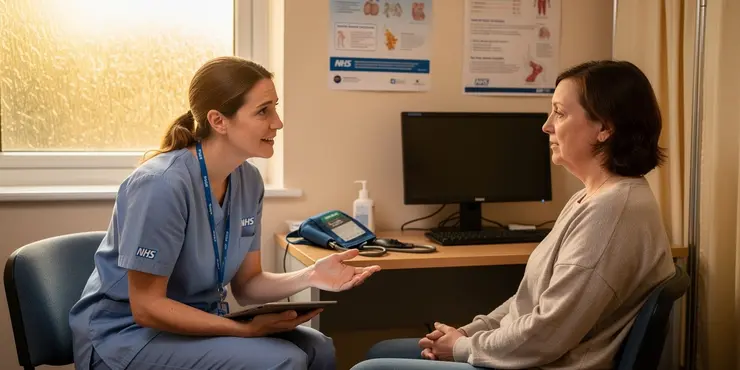
Find Help
More Items From Ergsy search
-

Can dengue fever be contracted in the UK?
Relevance: 100%
-
Can Dengue fever be transmitted through blood transfusions?
Relevance: 86%
-
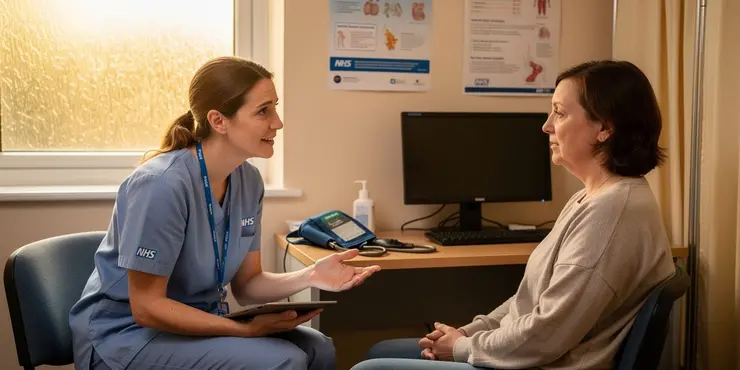
What is Dengue Fever?
Relevance: 80%
-
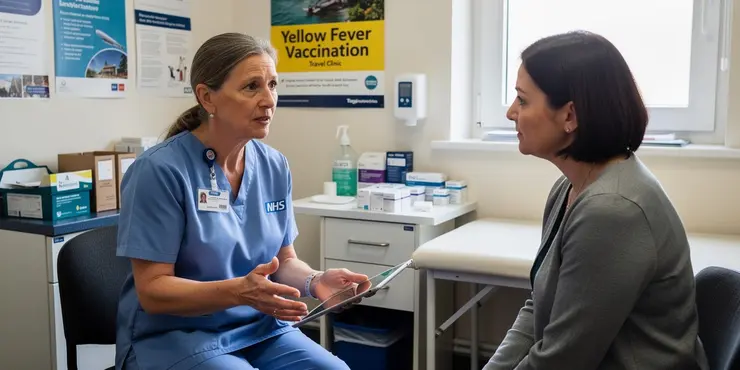
Are any vaccines available in the UK for mosquito-borne diseases?
Relevance: 42%
-
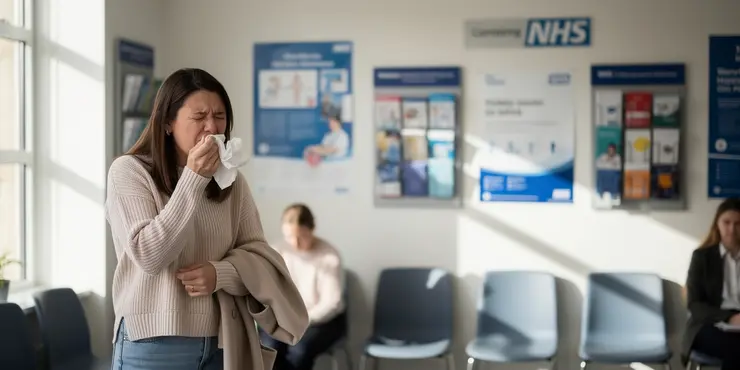
What is hay fever?
Relevance: 42%
-
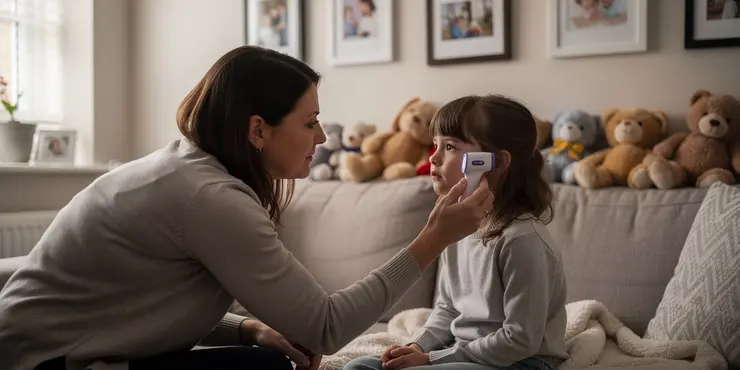
Caring for a child with fever | NHS
Relevance: 39%
-

Hay fever advice | NHS
Relevance: 39%
-
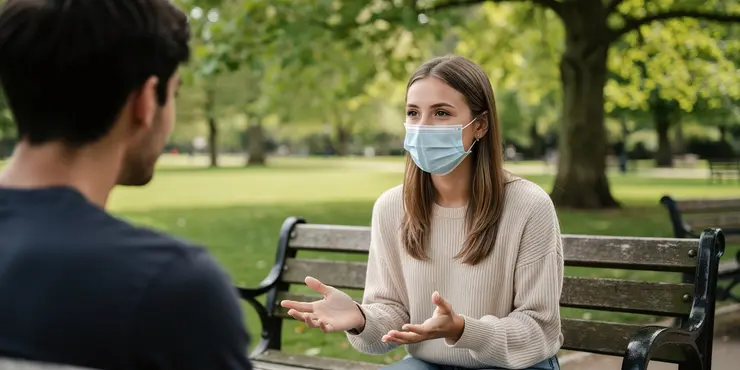
Do masks help with hay fever?
Relevance: 39%
-

Can hay fever be prevented?
Relevance: 39%
-
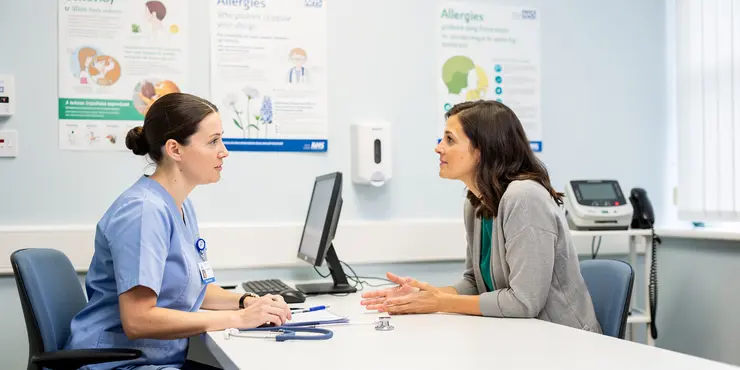
What are the common symptoms of hay fever?
Relevance: 38%
-
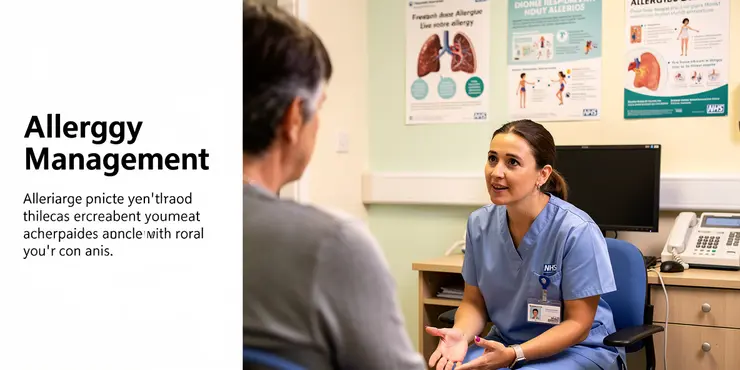
Is there a link between hay fever and asthma?
Relevance: 38%
-
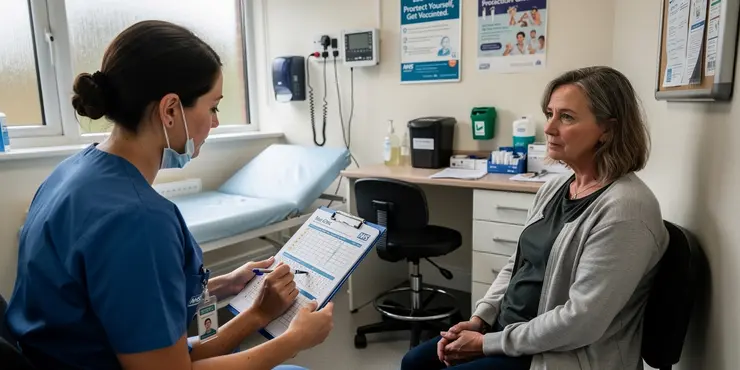
Is there a risk of yellow fever being spread by mosquitoes in the UK?
Relevance: 38%
-
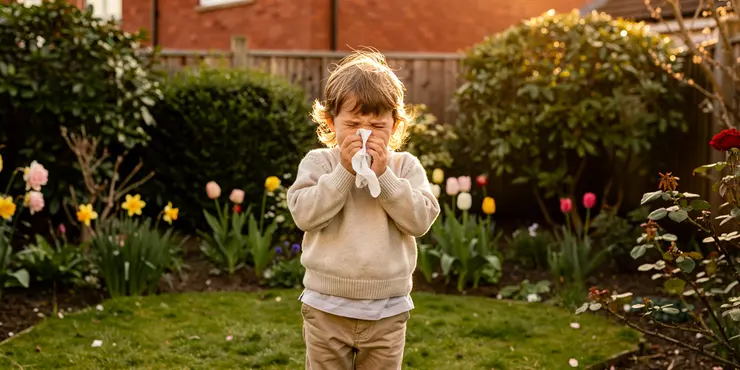
Can children develop hay fever?
Relevance: 38%
-

How to treat glandular fever | NHS
Relevance: 38%
-

Can hay fever occur year-round?
Relevance: 37%
-

Do pets contribute to hay fever?
Relevance: 37%
-

Are some people more prone to hay fever?
Relevance: 37%
-

Antihistamines how they work with hay fever
Relevance: 36%
-

Is hay fever more common in urban areas?
Relevance: 36%
-

Can diet influence hay fever symptoms?
Relevance: 36%
-
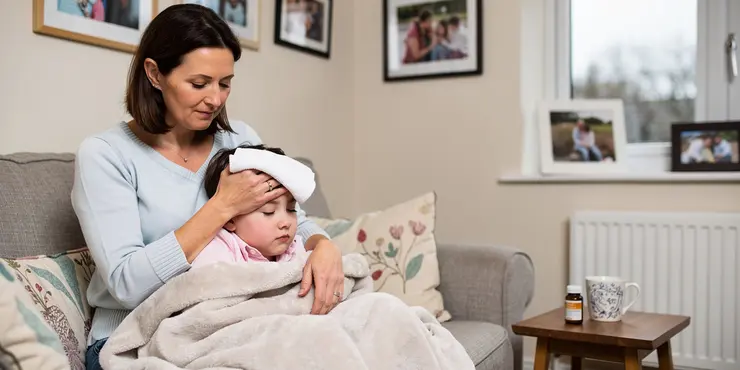
Which medication should be avoided for children with fevers?
Relevance: 36%
-

What diseases are spread by mosquitos in the UK in 2025?
Relevance: 35%
-

Can hay fever symptoms mimic other conditions?
Relevance: 35%
-
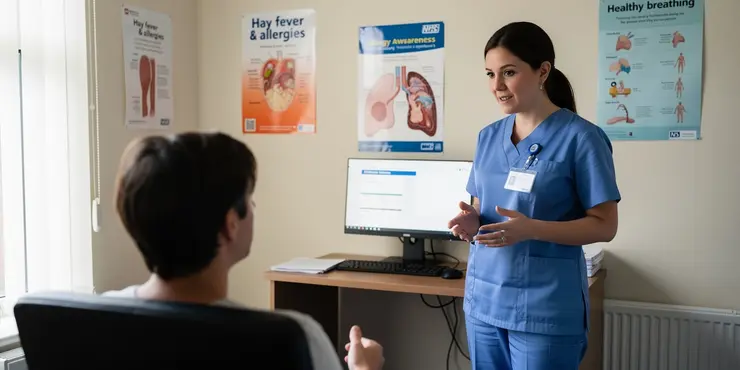
Do all plants produce pollen that causes hay fever?
Relevance: 35%
-
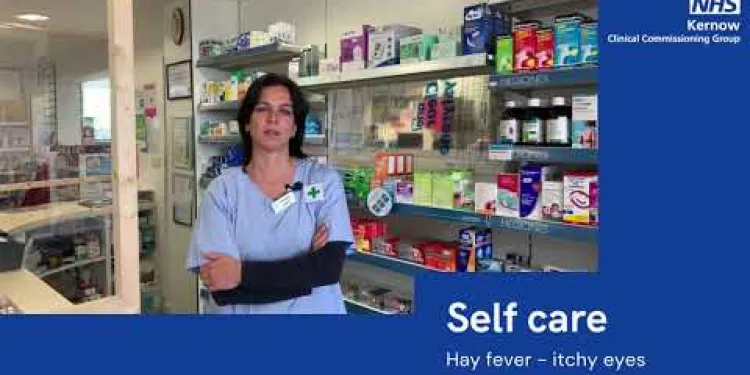
Self care - hay fever itchy eyes
Relevance: 35%
-
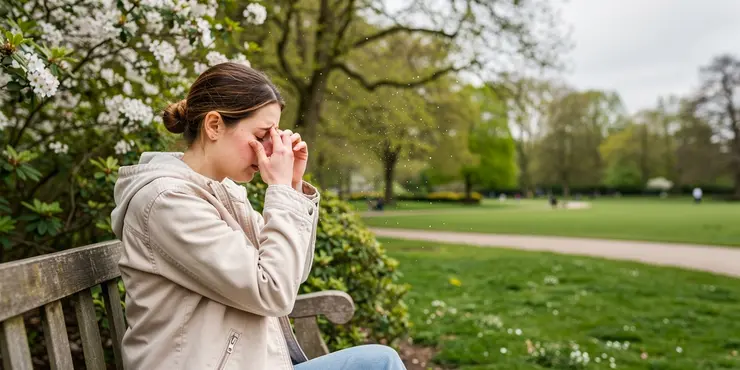
How does pollen affect people with hay fever?
Relevance: 35%
-

Why are experts warning of rising hay fever cases?
Relevance: 35%
-
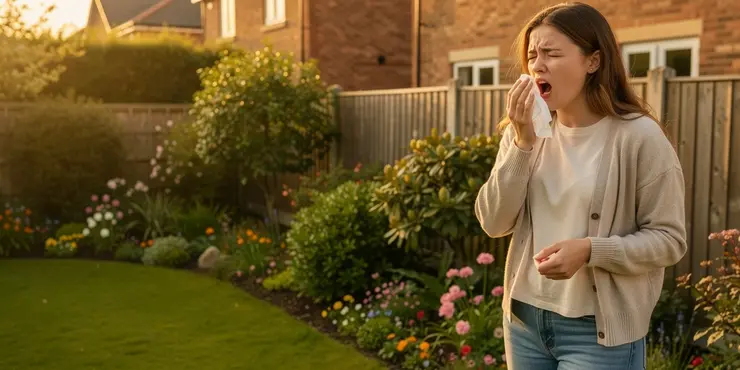
Experts Warn of Rising Hay Fever Cases as Pollen Counts Surge
Relevance: 33%
-
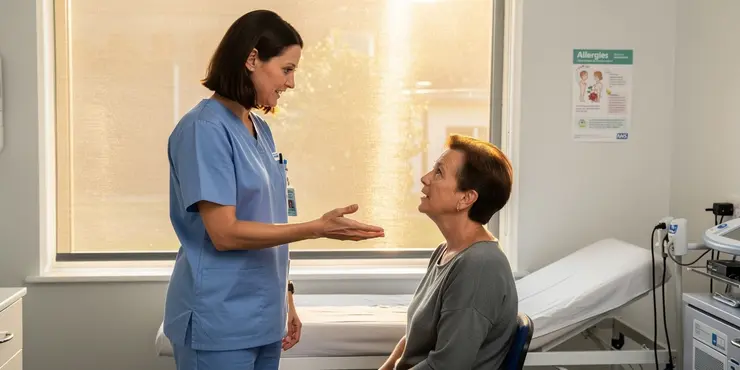
Can mosquito screens help reduce hay fever symptoms?
Relevance: 31%
-

Can lifestyle changes help manage pain and fever during pregnancy?
Relevance: 31%
-
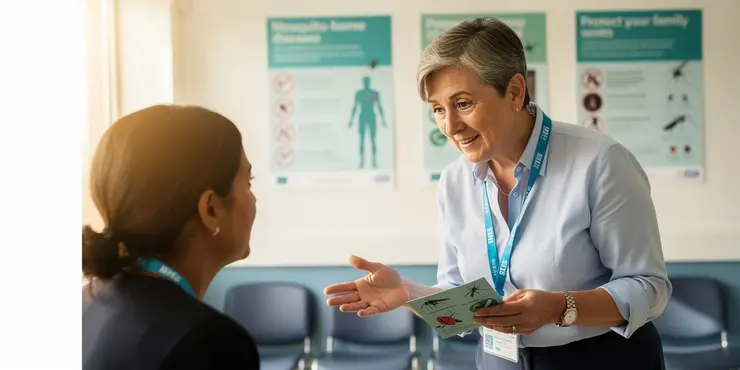
Are there any new mosquito-borne diseases emerging in the UK in 2025?
Relevance: 30%
-

Are there any treatments for hay fever?
Relevance: 29%
-
Do all mosquitoes in the UK carry diseases?
Relevance: 26%
-

What symptoms should I watch for if I suspect a mosquito-borne disease?
Relevance: 25%
-
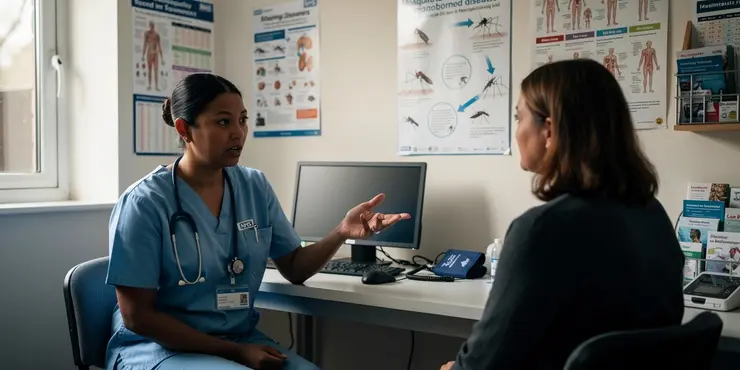
What regions of the UK are most affected by mosquito-borne diseases?
Relevance: 25%
-
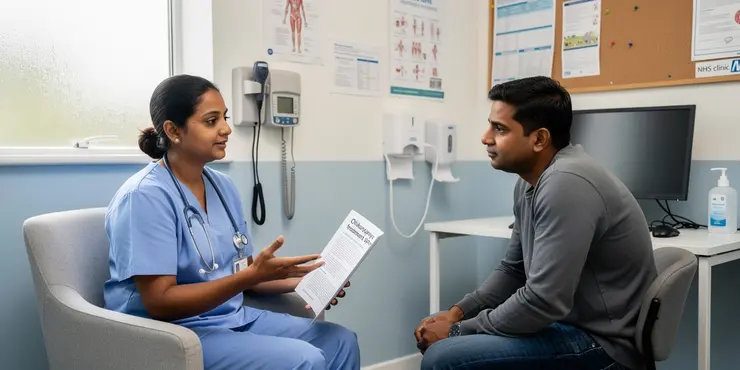
Can Chikungunya virus infection be treated?
Relevance: 25%
-

How long does a typical hay fever season last?
Relevance: 25%
-

What are the symptoms of Zika virus?
Relevance: 24%
-
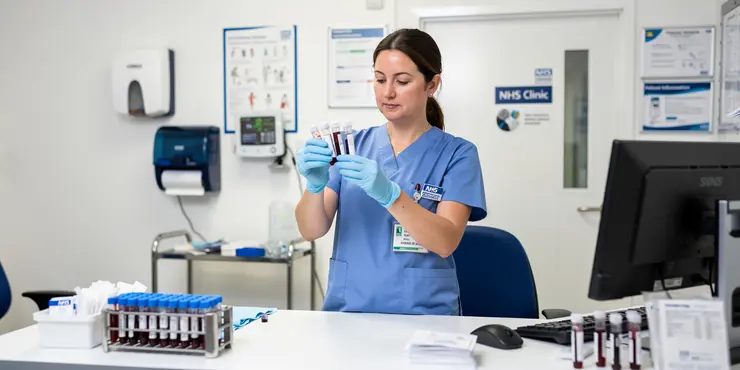
What other viruses are tested for in blood donations?
Relevance: 23%
-
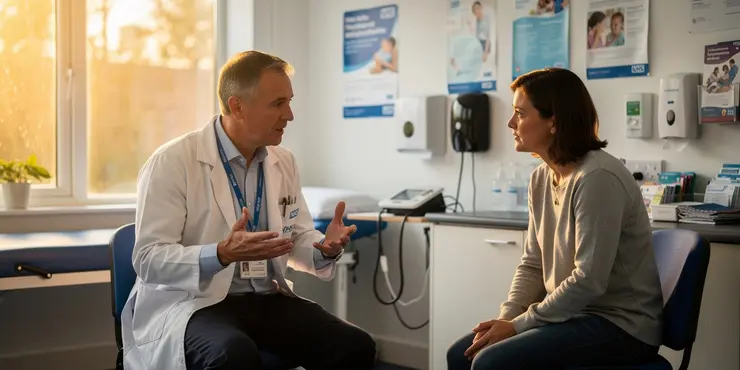
Are mosquito bites in the UK harmful?
Relevance: 21%
What is Dengue Fever?
Dengue fever is a mosquito-borne viral infection that has become a significant global health concern, particularly in tropical and subtropical regions. It is caused by the dengue virus, which is transmitted primarily by Aedes aegypti mosquitoes, known for their distinctive white markings on the legs and their ability to live in close proximity to human habitation. The illness can affect people of any age and can occasionally lead to severe complications.
Symptoms of Dengue Fever
The symptoms of dengue fever typically begin four to ten days after being bitten by an infected mosquito. Common symptoms include high fever, severe headaches, pain behind the eyes, joint and muscle pain, fatigue, nausea, vomiting, and a skin rash that appears in two to five days after the onset of fever. Younger children and those experiencing their first dengue infection may have a milder illness than older children and adults. In some cases, the disease can progress to severe dengue, also known as dengue hemorrhagic fever, which can cause severe bleeding, a sudden drop in blood pressure (shock), and even death.
Transmission
The primary mode of transmission is through the bite of an infected Aedes mosquito. These mosquitoes become infected when they bite a person who already has the dengue virus in their blood. It is important to note that dengue fever is not transmitted directly from person to person. The Aedes mosquitoes are most active during dawn and dusk, although they can also bite at night in well-lit areas.
Prevention and Control
Preventing mosquito bites is the most effective way to prevent dengue fever. This can be achieved by using mosquito repellents, wearing clothing that covers the arms and legs, and using mosquito nets, especially during peak mosquito activity times. Eliminating mosquito breeding sites, such as stagnant water in containers, flowerpots, discarded tires, and other places where water can accumulate, can significantly reduce the risk of transmission. Public health initiatives often focus on educating communities about the importance of reducing mosquito habitats and using protective measures.
Treatment
There is no specific antiviral treatment for dengue fever. Supportive care, which includes hydration and pain relief, is crucial. Acetaminophen (paracetamol) is often recommended to manage pain and fever. It is important to avoid non-steroidal anti-inflammatory drugs (NSAIDs), such as aspirin and ibuprofen, which may increase the risk of bleeding complications. In severe cases, early and adequate management of symptoms can improve outcomes. Hospitalization may be necessary for those with severe dengue to provide intensive supportive care and monitoring.
Conclusion
Dengue fever remains a significant public health challenge, particularly in regions where the Aedes mosquitoes thrive. Awareness, prevention, and prompt medical attention are key to managing and reducing the impact of this disease. While efforts are ongoing to develop vaccines and other preventive measures, individual protective strategies and community involvement remain crucial components in controlling the spread of dengue fever.
What is Dengue Fever?
Dengue fever is an illness you can get from a mosquito bite. It is a big problem in hot places around the world. The dengue virus causes the sickness. Special mosquitoes called Aedes aegypti carry this virus. They have white spots on their legs and live near people. Anyone can get dengue fever, and sometimes it can make you very sick.
Symptoms of Dengue Fever
You might feel sick four to ten days after a mosquito with dengue bites you. Signs that you are sick include a high fever, bad headache, pain behind your eyes, pain in your joints and muscles, feeling tired, feeling like you want to throw up, and a red rash on your skin. Little kids and people who get dengue for the first time might not feel as sick as older kids or adults. Sometimes dengue fever can get really bad and cause serious problems like bleeding, low blood pressure, or even death.
How Dengue Spreads
Dengue spreads through the bite of a mosquito with the virus. Mosquitoes get the virus when they bite someone who is already sick. You cannot catch dengue from another person. The mosquitoes like to bite in the morning and evening and can also bite at night if it is bright.
How to Prevent Dengue
The best way to stop getting dengue is to stop mosquito bites. You can use bug spray, wear long clothing to cover your arms and legs, and sleep under mosquito nets. It is also important to stop mosquitoes from living and breeding. You can do this by getting rid of standing water in places like flowerpots or old tires. Teaching people how to stop mosquitoes is very helpful.
How to Treat Dengue
There is no special medicine to cure dengue. Taking care of someone with dengue means making sure they drink enough fluids and helping with pain. You can take acetaminophen (paracetamol) to help with pain and fever. Do not take medicines like aspirin or ibuprofen because they can make bleeding worse. If someone gets very sick, they might need to go to the hospital to get special care.
Conclusion
Dengue fever is a big health problem, especially in places where the special mosquitoes live. Knowing about dengue, stopping mosquito bites, and seeing a doctor quickly if you are sick are very important. While scientists are working on vaccines, protecting yourself and helping your community stay safe is key to stopping dengue.
Frequently Asked Questions
Useful Links
This website offers general information and is not a substitute for professional advice.
Always seek guidance from qualified professionals.
If you have any medical concerns or need urgent help, contact a healthcare professional or emergency services immediately.
Some of this content was generated with AI assistance. We’ve done our best to keep it accurate, helpful, and human-friendly.
- Ergsy carfully checks the information in the videos we provide here.
- Videos shown by Youtube after a video has completed, have NOT been reviewed by ERGSY.
- To view, click the arrow in centre of video.
- Most of the videos you find here will have subtitles and/or closed captions available.
- You may need to turn these on, and choose your preferred language.
- Go to the video you'd like to watch.
- If closed captions (CC) are available, settings will be visible on the bottom right of the video player.
- To turn on Captions, click settings .
- To turn off Captions, click settings again.
More Items From Ergsy search
-

Can dengue fever be contracted in the UK?
Relevance: 100%
-
Can Dengue fever be transmitted through blood transfusions?
Relevance: 86%
-

What is Dengue Fever?
Relevance: 80%
-

Are any vaccines available in the UK for mosquito-borne diseases?
Relevance: 42%
-

What is hay fever?
Relevance: 42%
-

Caring for a child with fever | NHS
Relevance: 39%
-

Hay fever advice | NHS
Relevance: 39%
-

Do masks help with hay fever?
Relevance: 39%
-

Can hay fever be prevented?
Relevance: 39%
-

What are the common symptoms of hay fever?
Relevance: 38%
-

Is there a link between hay fever and asthma?
Relevance: 38%
-

Is there a risk of yellow fever being spread by mosquitoes in the UK?
Relevance: 38%
-

Can children develop hay fever?
Relevance: 38%
-

How to treat glandular fever | NHS
Relevance: 38%
-

Can hay fever occur year-round?
Relevance: 37%
-

Do pets contribute to hay fever?
Relevance: 37%
-

Are some people more prone to hay fever?
Relevance: 37%
-

Antihistamines how they work with hay fever
Relevance: 36%
-

Is hay fever more common in urban areas?
Relevance: 36%
-

Can diet influence hay fever symptoms?
Relevance: 36%
-

Which medication should be avoided for children with fevers?
Relevance: 36%
-

What diseases are spread by mosquitos in the UK in 2025?
Relevance: 35%
-

Can hay fever symptoms mimic other conditions?
Relevance: 35%
-

Do all plants produce pollen that causes hay fever?
Relevance: 35%
-

Self care - hay fever itchy eyes
Relevance: 35%
-

How does pollen affect people with hay fever?
Relevance: 35%
-

Why are experts warning of rising hay fever cases?
Relevance: 35%
-

Experts Warn of Rising Hay Fever Cases as Pollen Counts Surge
Relevance: 33%
-

Can mosquito screens help reduce hay fever symptoms?
Relevance: 31%
-

Can lifestyle changes help manage pain and fever during pregnancy?
Relevance: 31%
-

Are there any new mosquito-borne diseases emerging in the UK in 2025?
Relevance: 30%
-

Are there any treatments for hay fever?
Relevance: 29%
-
Do all mosquitoes in the UK carry diseases?
Relevance: 26%
-

What symptoms should I watch for if I suspect a mosquito-borne disease?
Relevance: 25%
-

What regions of the UK are most affected by mosquito-borne diseases?
Relevance: 25%
-

Can Chikungunya virus infection be treated?
Relevance: 25%
-

How long does a typical hay fever season last?
Relevance: 25%
-

What are the symptoms of Zika virus?
Relevance: 24%
-

What other viruses are tested for in blood donations?
Relevance: 23%
-

Are mosquito bites in the UK harmful?
Relevance: 21%


